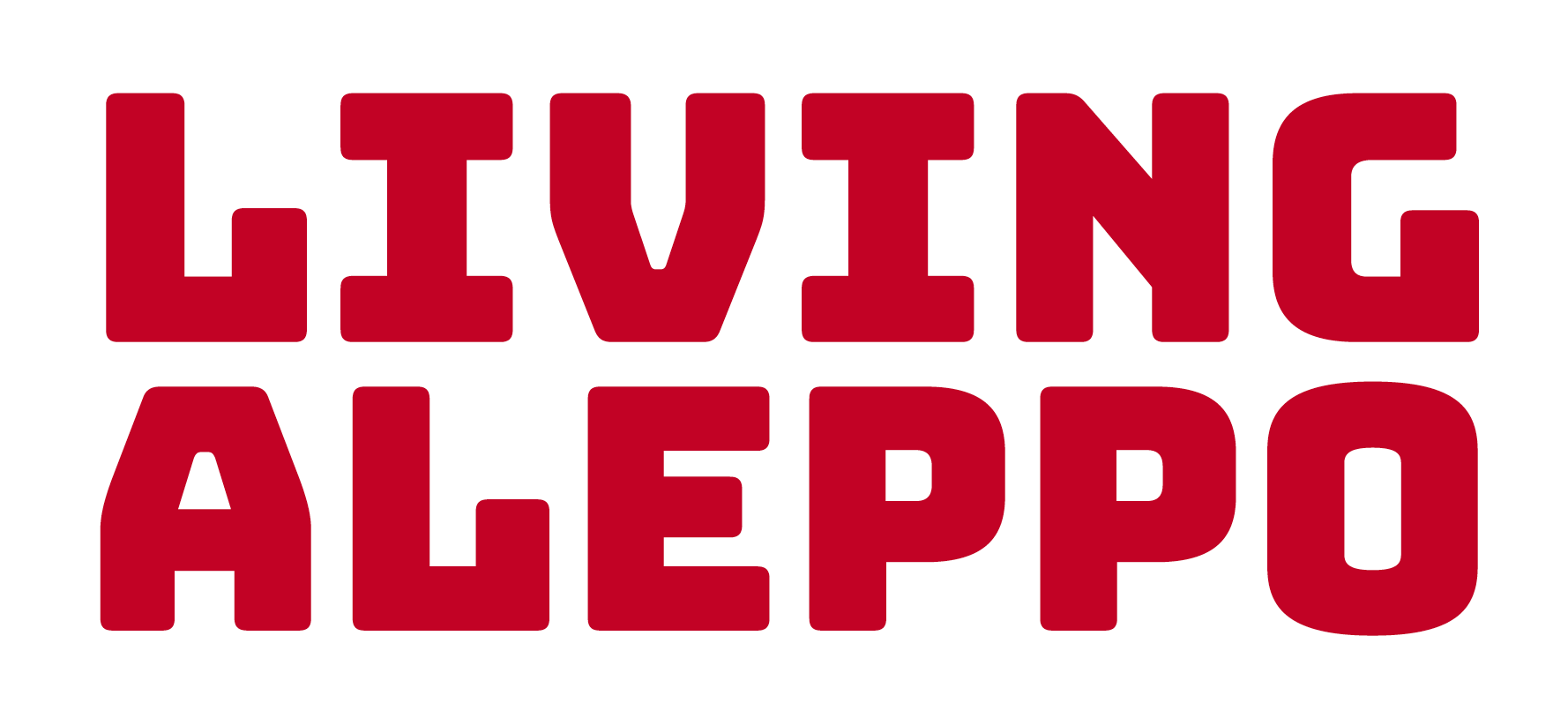Shahed (20)
We are a family of six: my parents, my little sister and brother and my older brother. We always lived in the centre, but when I was 15 we moved to the west of the city. It was a busy and cosy home with often friends visiting. My mother was a teacher at a secondary school and my father owned a shop in mobile phones.
In total, we lived five years through the war. In those times my father became a truck driver, driving from the Turkish to the Jordanian border with goods. My mother simply continued teaching. But many things changed. While truck drivers were considered ‘neutral’ by rebels and soldiers, the checkpoints on the way did make his work quite dangerous. My mother saw her classes grow to as many as 100 girls per class. This had a huge negative impact on the quality of education. Partly for this reason I quit my pre-university education. When I was eighteen and in the highest form, we fled to the Netherlands.
Despite the war, life continued as before. Children are still playing football in the courtyards between the apartment buildings, and gossip is still exchanged over the balcony. In Aleppo we have a unique way of chatting, over the rear balcony. That way, we maintained contact with the neighbourhood without having to go out. You could easily meet or exchange the latest news. It was also on the balcony that we first heard the sound of weapons.
From that moment onwards we hoped that things would get better, but they didn’t. The community became more and more tight. Surviving as a non-soldier transcends politics. Foodstuffs, and gas also, became more and more expensive. For years we hadn’t had running water and electricity. But we did share everything. The worse day of my live is the day I heard my best friend had died in de war. I still cannot speak about this. It hurts too much. I still miss her…
One day my father said: ‘How do you feel about leaving Aleppo?’ We started to cheer: YES! That was in 2014. Daddy left, and in 2016 our family was reunited in the Netherlands.
Things are much better for us now. My little brother in particular flourished. He even speaks a few words of Dutch now. In my country he hardly talked at all. He was too afraid of the planes, and for someone with Down syndrome war is even more difficult to understand than it is for us. Here he goes to a special school five days a week. In Aleppo this was no longer possible. He went to a centre for people with disabilities there, but that was attacked and burned down. After that, he stayed at home. We found a teacher who came to our house, but she fled to Venezuela. Then we found a volunteer organisation for the disabled where he could go, but soon the army claimed that area and we could no longer go there.
Now we are living in Voorschoten and I see my brother grow, which makes me happy. I would like to make a fresh start here. Build a new life. My dream is now to become a pharmacist, but I would also like to work for Doctors without Borders, as a volunteer for instance."
